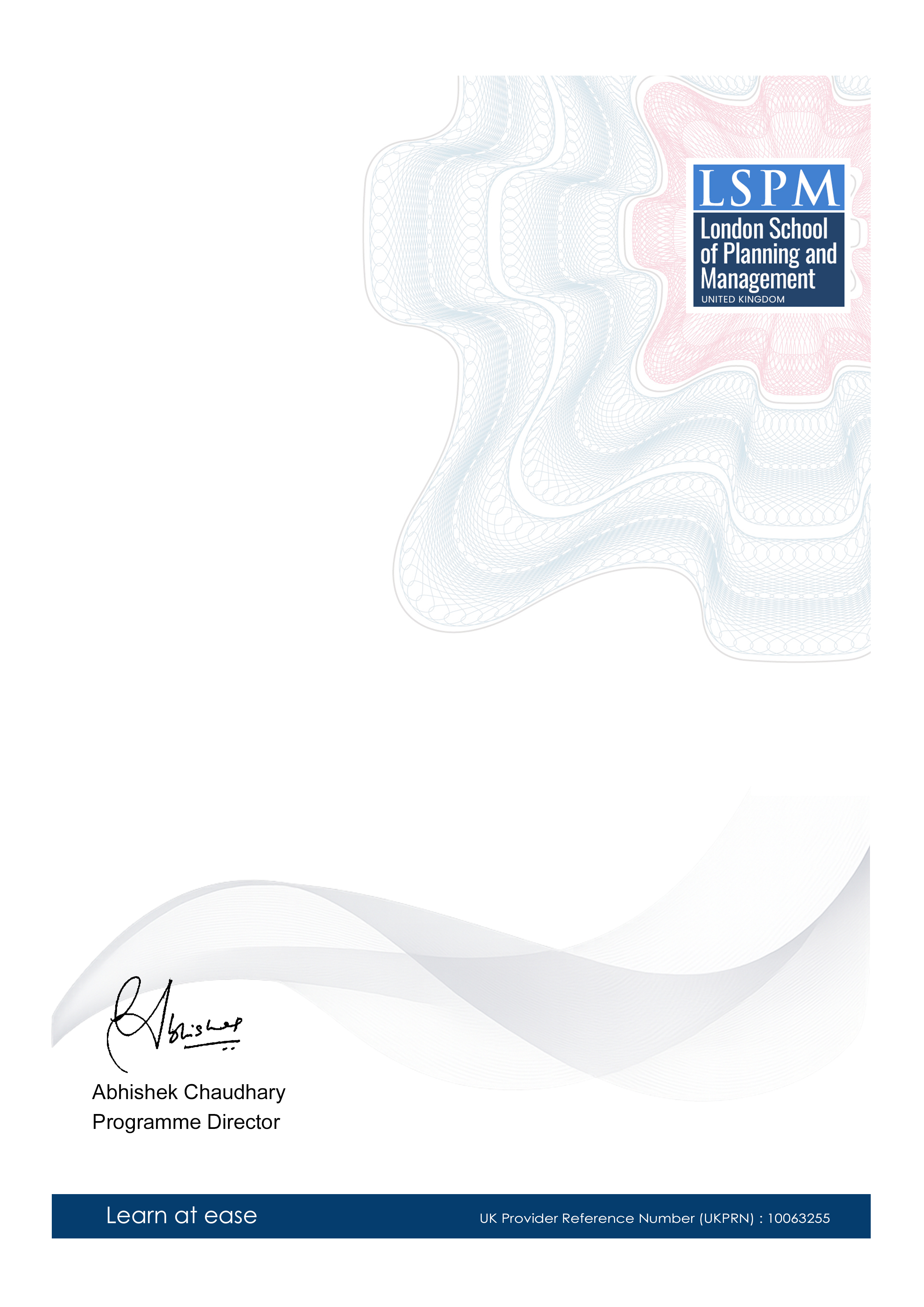Global Certificate Course in Fisheries Pollution Control
-- viewing nowGlobal Certificate Course in Fisheries Pollution Control is designed for environmental professionals, policymakers, and fisheries managers. This course addresses critical challenges in aquatic pollution management and sustainable fisheries practices.
4,061+
Students enrolled
GBP £ 149
GBP £ 215
Save 44% with our special offer
About this course
100% online
Learn from anywhere
Shareable certificate
Add to your LinkedIn profile
2 months to complete
at 2-3 hours a week
Start anytime
No waiting period
Course details
• Types of Water Pollution Affecting Fisheries
• Impact of Pollution on Aquatic Ecosystems
• Techniques for Monitoring Water Quality
• Pollution Prevention Strategies in Aquaculture
• Regulations and Policies Governing Fisheries Pollution
• Waste Management Practices in Fisheries
• Sustainable Fisheries Management Practices
• Community Engagement and Education in Pollution Prevention
• Case Studies of Successful Pollution Control Initiatives
Career path
Environmental Scientist
Responsible for assessing the impact of pollution on aquatic ecosystems and developing strategies for mitigation.
Aquaculture Manager
Oversees fish farming operations, ensuring sustainable practices to minimize environmental impact.
Fisheries Biologist
Studies fish populations and their habitats, playing a crucial role in conservation and pollution control efforts.
Pollution Control Specialist
Focuses on identifying and managing sources of water pollution, implementing regulations to protect aquatic life.
Marine Policy Analyst
Analyzes and develops policies related to marine resources and fisheries management, addressing pollution issues.
Entry requirements
- Basic understanding of the subject matter
- Proficiency in English language
- Computer and internet access
- Basic computer skills
- Dedication to complete the course
No prior formal qualifications required. Course designed for accessibility.
Course status
This course provides practical knowledge and skills for professional development. It is:
- Not accredited by a recognized body
- Not regulated by an authorized institution
- Complementary to formal qualifications
You'll receive a certificate of completion upon successfully finishing the course.
Why people choose us for their career
Loading reviews...
Frequently Asked Questions
Skills you'll gain
Course fee
- 3-4 hours per week
- Early certificate delivery
- Open enrollment - start anytime
- 2-3 hours per week
- Regular certificate delivery
- Open enrollment - start anytime
- Full course access
- Digital certificate
- Course materials
Get course information
Earn a career certificate

